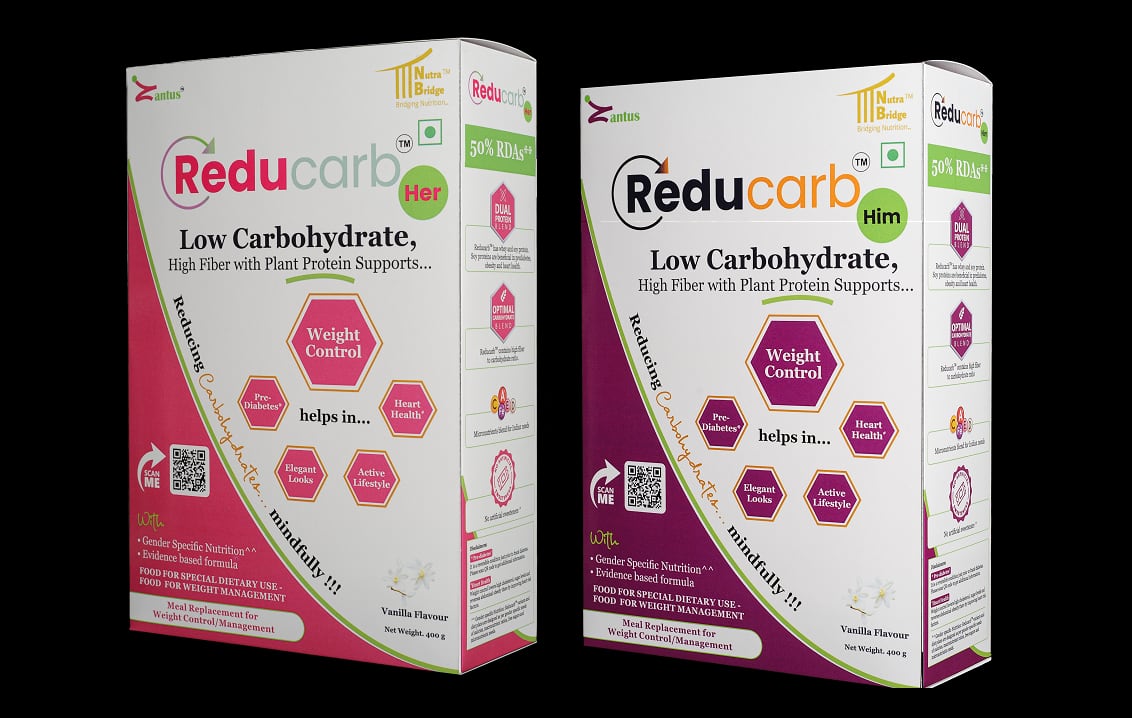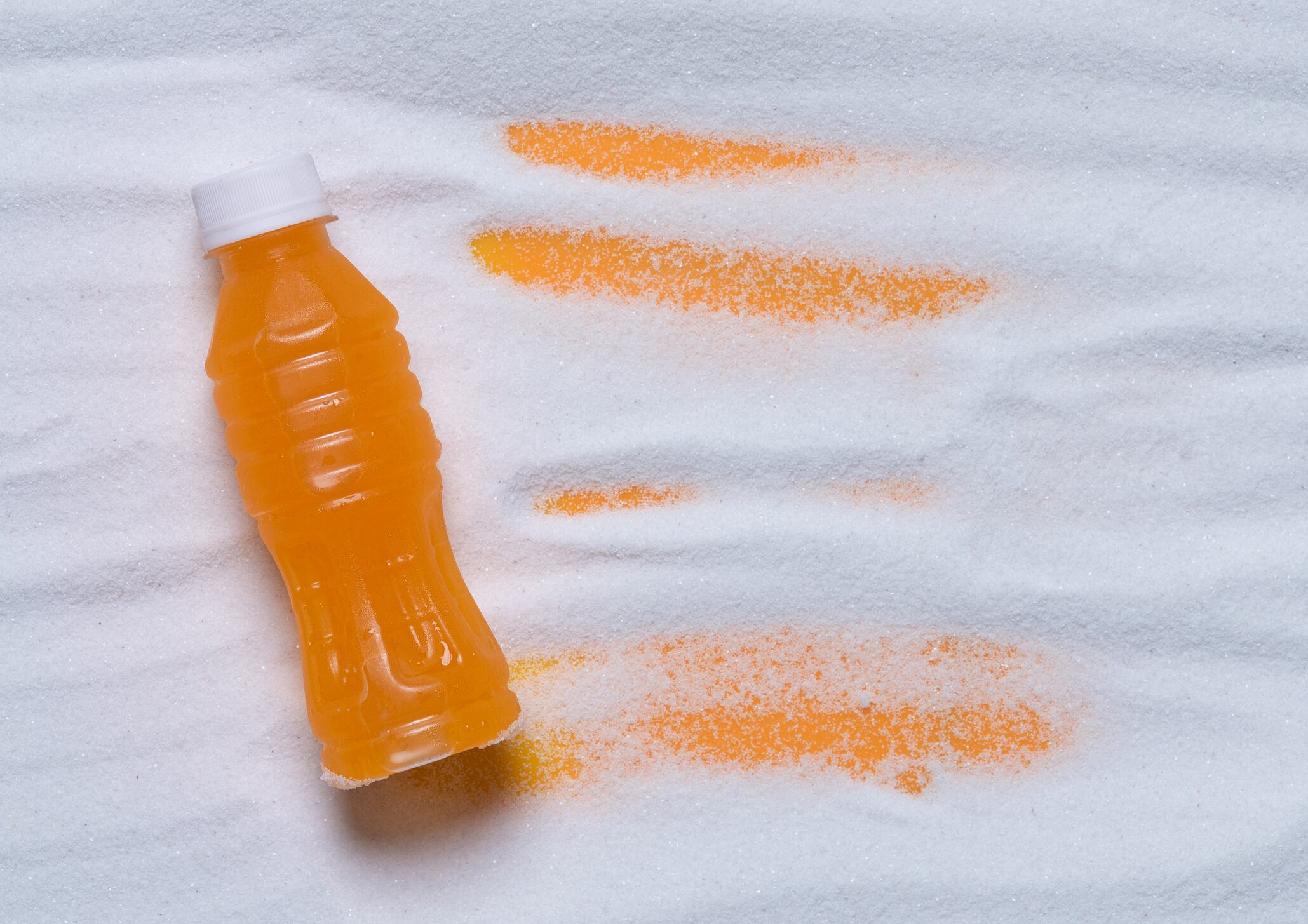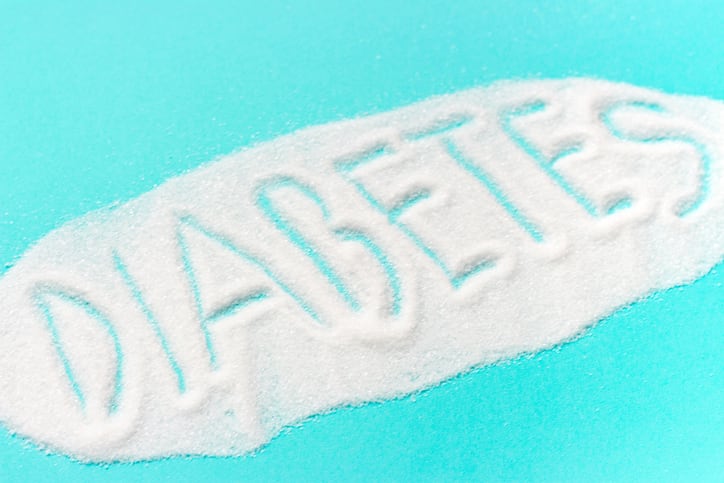The objective of the meal replacement powder branded Reducarb is to decrease total daily carbohydrate contribution from approximately 70 per cent to 55 per cent.
According to the company, 35 per cent of the product’s calorie intake comes from carbohydrates, while being rich in protein and dietary fibre at the same time.
Speaking to NutraIngredients-Asia, founder and director of Zantus Lifesciences Dr. Vaibhav Kulkarni pointed out that pre-diabetics was a growing segment in India, even larger than the diabetic population.
An estimated 101 million Indians are diabetic and 136 million are pre-diabetic, according to the Indian Council of Medical Research–India Diabetes (ICMR-INDIAB) study published in The Lancet in 2023.
An individual is considered pre-diabetic if the fasting blood glucose is between 6.1 and 6.9 mmol/L and diabetic if the number is higher than 7 mmol/L.
The normal fasting blood glucose is less than 6.1 mmol/L.
One of the contributing factors of growing pre-diabetics and diabetics is due to the high carbohydrate content in Indian diet, said Dr. Vaibhav.
“Indian diet consists of high carbohydrates generally contributing around 70 per cent to total calories.
“This high consumption is one of the key factors for high prevalence of hyperinsulinemia and subsequent insulin resistance.
“Underlying insulin resistance is the one of important factor contributing to high prevalence of abdominal obesity, pre-diabetes, high lipids, Polycystic ovarian syndrome, fatty liver etc. It is also a key predictor of diabetes progression and its complications.”
As such, he said that the ICMR INDIAB panel consisting of senior renowned endocrinologists has recommended reduction in carbohydrates and increase in protein and fibre consumption.
“Low carbohydrate diet or carbohydrate restricted lifestyle has shown a lot of benefits in terms of reduction in abdominal obesity, general obesity, reversal of pre-diabetes, metabolic syndrome and weight management in obese diabetics...
“They [the ICMR INDIAB panel] recommend a reduction of carbohydrate contribution to between 52 and 57 per cent of the total calorie intake for reversal of prediabetes, reduction of abdominal obesity and halt the progression of non communicable diseases.
“This forms a strong foundation for reduction in total daily carbohydrate consumption.”
However, nutritional products existing in the Indian market mostly cater to the diabetic population, and less so for pre-diabetics.
This is why the company has decided to develop products targeting the larger pre-diabetic population.
“The rationale of the product is to meet the existing market gaps catering to larger pre-diabetic population. As you can see, there are lots of nutritional products for diabetic patients.
“There are a lot of nutritional products on the two extreme ends — for the ‘normal’ and diabetic consumers, but a vacuum for products that lie in the middle of the spectrum, which are the pre-diabetic individuals,” said Dr. Vaibhav.
Mix of plant and dairy protein
Sold under the name Reducarb, the products by Zantus Lifesciences contain whey protein isolate, soy protein, and resistant maltodextrin as the main ingredients.
Proteins are used to keep the products’ carbohydrate levels down.
Resistant maltodextrin, on the other hand, is a source of fibre, which can help reduce the extent and rate of carbohydrate absorption, in turn preventing sugar spikes and improving insulin sensitivity. Fibre could also provide a sense of satiety and help control caloric intake.
Using a mix of plant and dairy protein was also meant to appeal to India’s large vegetarian population, Dr. Vaibhav explained.
He described the products as a “first-of-its-kind” as they also cater to the specific vitamin and mineral requirements of men and women. For instance, folic acid and iron are higher in the product for women.
The products will be officially sold directly to consumers via its website from May.
Aside from its website, the company plans to introduce its products to pre-diabetic individuals via healthcare professionals instead of launching it as a FMCG product.
Low carb meal replacement for different health issues
Low-carb will be the main theme of the company’s future product development process, said Dr. Vaibhav, the former head of regulatory affairs at Abbott Nutrition.
He co-founded the company in June 2024 with a practicing doctor and a commercial director, and have spent about seven to eight months formulating Reducarb.
Future products will be low-carb meal replacements for consumers facing different health issues, such as polycystic ovary syndrome (PCOS).
“We want to be identified as a company making low-carb products for various health conditions.
“Today, we are making it for say pre-diabetic, insulin resistant individuals. Tomorrow, we could be looking at low-carb products for PCOS. We are also looking at products for people suffering from irritable bowel syndrome (IBS).”
At policy level, he believes that there should be more consideration around the awareness of low carbohydrate lifestyles, adopting healthy lifestyle - with carbohydrate counting in high risk population, and nutritional solutions for dietary transition.





